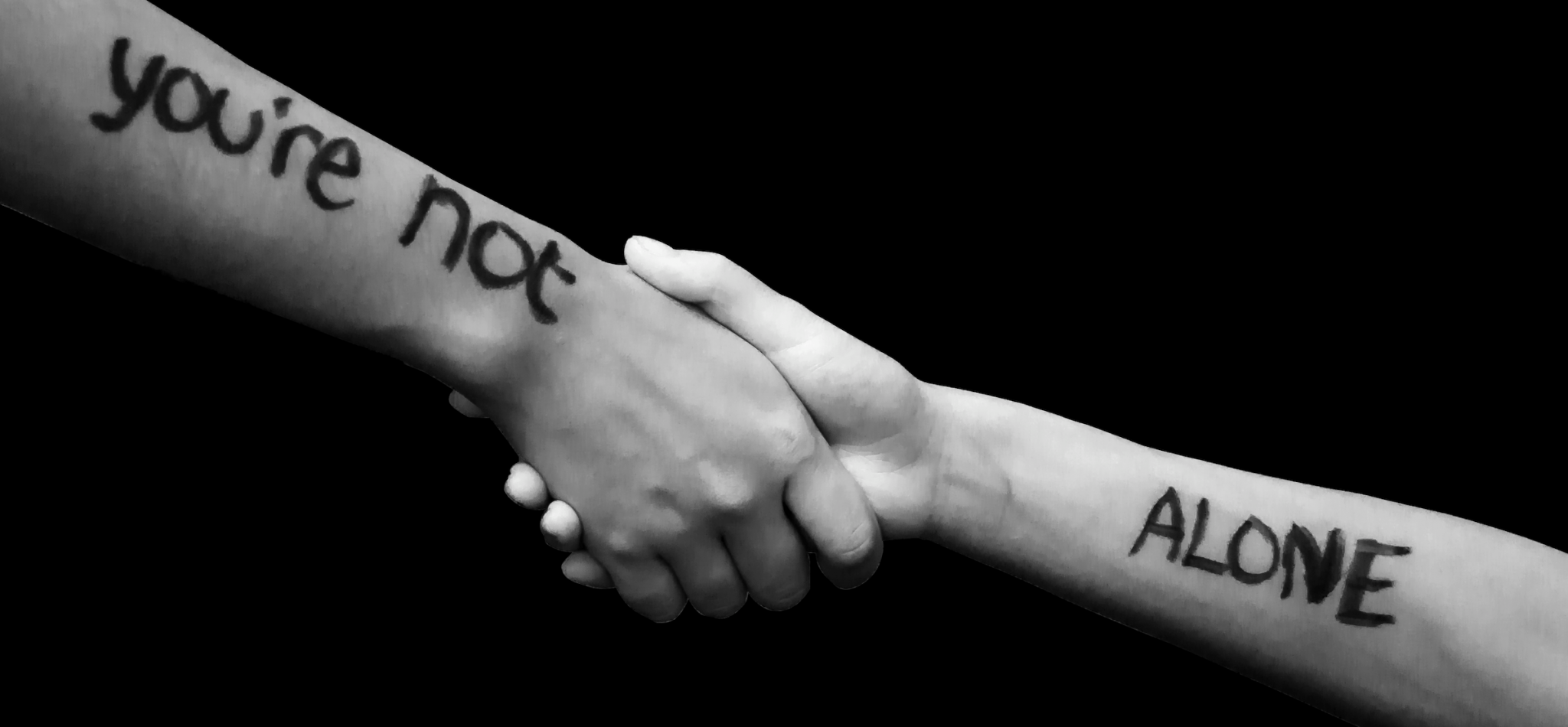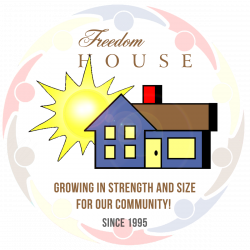
Supporting Survivors
What can I do to help?
Knowing what to say to someone who is in an abusive relationship or has been sexually assaulted can be challenging and overwhelming. It is important to remember, you don’t have to be an expert. Just someone of support.
- Listen without judgement.
- Let them know you’re available to talk.
- Approach them to let them know your concerns without judgement
- Be patient with them, leaving an abusive relationship or healing from sexual assault is not an easy journey.
- When talking with them, focus on them. Bashing the partner may make them feel uncomfortable talking to you about it.
- Let them know that you believe them.
- Acknowledge their feelings and respect their decisions.
- Help them recognize that the behaviors are not healthy behaviors from a partner, and the abuse is not their fault.
- Keep what they tell you confidential so they have a trusted person. However, if you suspect immediate danger, call 911.
- Help connect them to resources in the community.
- Do not contact their abuser directly or bash them online, in public, etc. It will only worsen the abuse for the survivor.
- Help them develop a safety plan.
“Why don’t they just leave?”
This is a question asked by many people. Leaving an abusive relationship is not easy. There are many barriers to leaving, including emotional, safety, financial, lack of options, children, cultural, or religious reasons.
- Fear of leaving
- Financial stability
- No support system
- Children – try to keep the family together, despite the abuse
- Victim blaming
- Feelings of guilt
- Despite the abuse, the survivor may love their partner
- Cultural/societal norms
- Immigration status
- Low self-esteem
- Lack of access to legal counsel
- Abuser’s promises to change
- Religious beliefs
- Fear of being considered crazy/lying
- History of abuser getting away with abuse/ineffective legal intervention
- Isolation
- Feeling responsible for what is happening
- Hope the relationship will get better
- History of childhood abuse/other abuse, survivor thinks violence is normal and does not recognize warning signs of abuse

